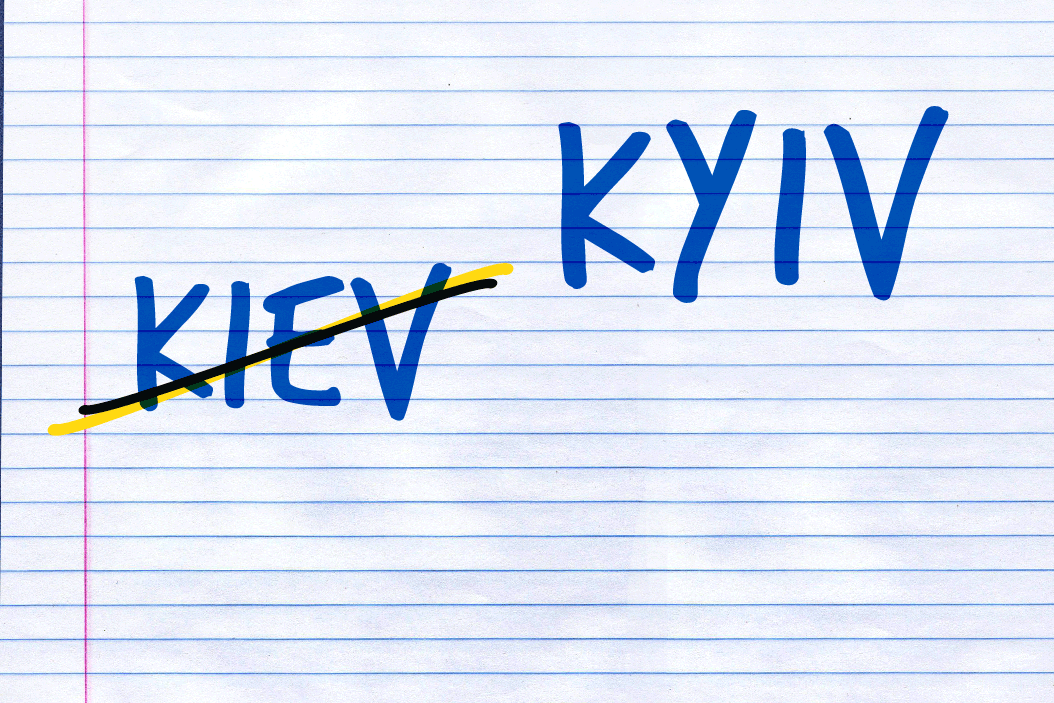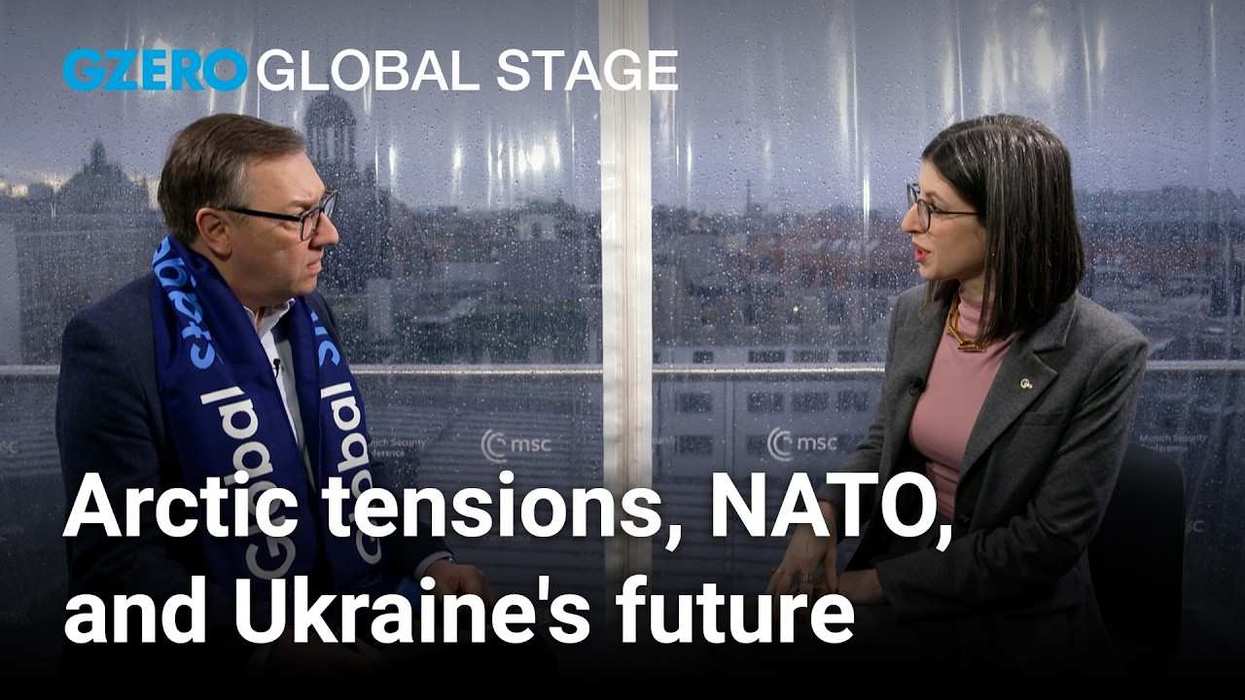Generations of Americans have known the Ukrainian capital, and the eponymous chicken dish, as “Kiev.” But most Western media now use “Kyiv.” Why?
The simple answer is that “Kyiv” reflects the Ukrainian version of the city’s name, while “Kiev” comes from the Russian.
The two languages are closely related, but different — think Spanish and Portuguese — and both are spoken in Ukraine. For centuries, Moscow promoted the use of Russian there as the primary language of business and politics.
But since 2014, when independent Ukraine first found itself at war with Russia, language has gotten more political. Ethnic Ukrainians have made an effort to boost the use of Ukrainian in public life, and urged Western governments and media to use the capital’s Ukrainian spelling. In 2019, the US government officially adopted “Kyiv.”
Ok, but how is it pronounced? “Kee-EV” is a loose approximation of the Russian version, which is now a no-no. Lately, some are going with “Keeve” to approximate the Ukrainian – and while that’s not precisely it, it’s close enough. Anything but “kee-EV” and you’re fine.
One thing you should never, ever do, however, is call the country “The Ukraine.” The word “Ukraine” itself comes from a Slavic root meaning “borderlands.” “The Ukraine” connotes an area that is merely a region rather than an independent state or country: think “The Midwest” or “The Riviera.” During the days when Ukraine was part of the Russian and Soviet empires, that label made enough sense. But since 1991, the independent country is simply called “Ukraine.”
These days, using “The Ukraine” is at best a habitual mistake. But at worst, it’s a nod to the position of some Russian nationalists — like Putin himself — who still see Ukraine as, basically, just another part of Russia.



















